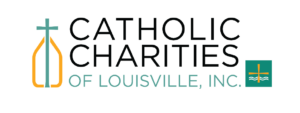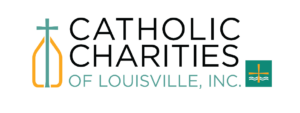 A reading from the Book of the Prophet Jeremiah 18:18-20
A reading from the Book of the Prophet Jeremiah 18:18-20
The people of Judah and the citizens of Jerusalem said, “Come, let us contrive a plot against Jeremiah. It will not mean the loss of instruction from the priests, nor of counsel from the wise, nor of messages from the prophets. And so, let us destroy him by his own tongue; let us carefully note his every word.”
Heed me, O Lord, / and listen to what my adversaries say. / Must good be repaid with evil / that they should dig a pit to take my life? / Remember that I stood before you / to speak in their behalf, / to turn away your wrath from them.
This reading from Jeremiah brings two ancient adages to mind: that even paranoids have real enemies, and that no good deed goes unpunished. It’s probably unfair to label Jeremiah as paranoid. Prophets don’t answer God’s call in order to be liked, and Jeremiah’s task is especially dire: he must foretell Jerusalem’s destruction and the exile of its people to Babylon. No wonder the religious and political leaders of his day were outraged and plotted to kill him. This interaction may well have given birth to an additional adage “don’t kill the messenger!”
Although his enemies aim to use every word he says against him, Jeremiah has faith that the words he speaks have been given to him by God. It’s the pain of betrayal that truly hurts. He had once pleaded with God on behalf of these people, seeking mercy rather than punishment, and now addresses God directly, asking, “Must good be repaid with evil?”
We find our answer in the Gospel (Matthew 20:17-28) with Jesus demonstrating his own prophetic role. He’s been healing the sick and bringing good news of God’s clemency toward sinfulness—and for this, those he has loved and served will betray, condemn, and crucify him. But Jesus does not doubt that God’s grace is at work even here, and that his sacrifice will allow his followers to better understand what centuries later Dietrich Bonhoeffer termed “the cost of discipleship.”
We’re reminded that in large ways and small, whatever our personal profession of faith, we’re all meant to be friends and advocates for the orphan, the widow, the migrant and the outcast, and “friends of God and prophets” (Wis 7:27), called to accept the joyful weight of giving our lives in the service of others.
‘There is no better way to thank God for your sight than by giving a helping hand to someone in the dark.’
Helen Keller
Fr. John
Rev. John A. Schwartzlose
Director of Mission

